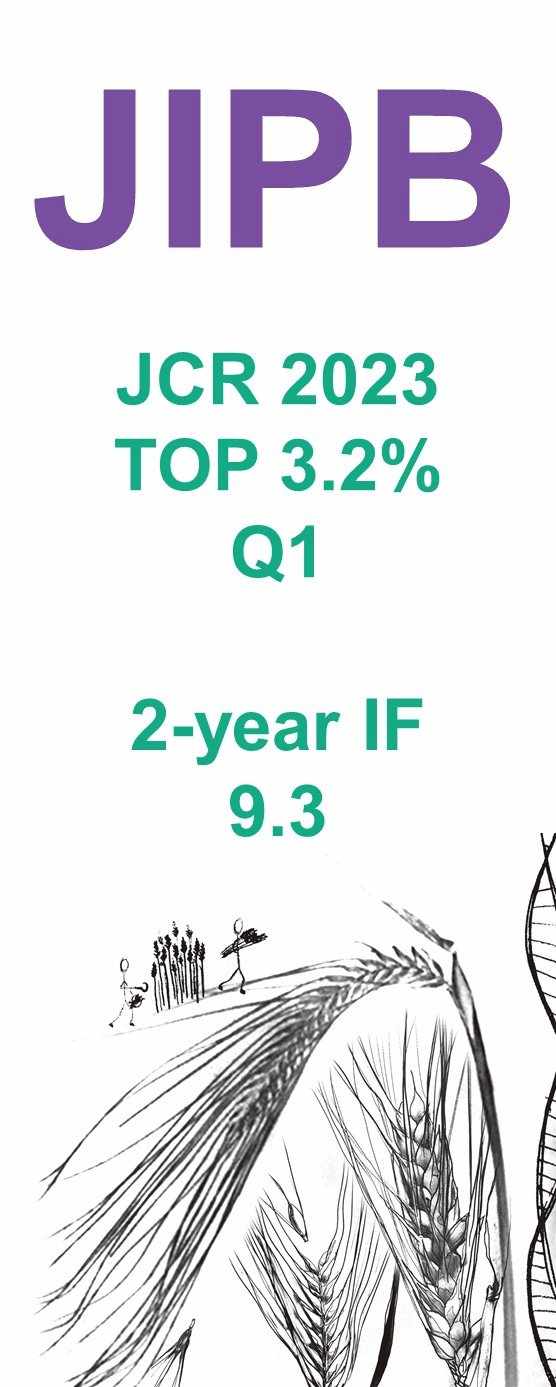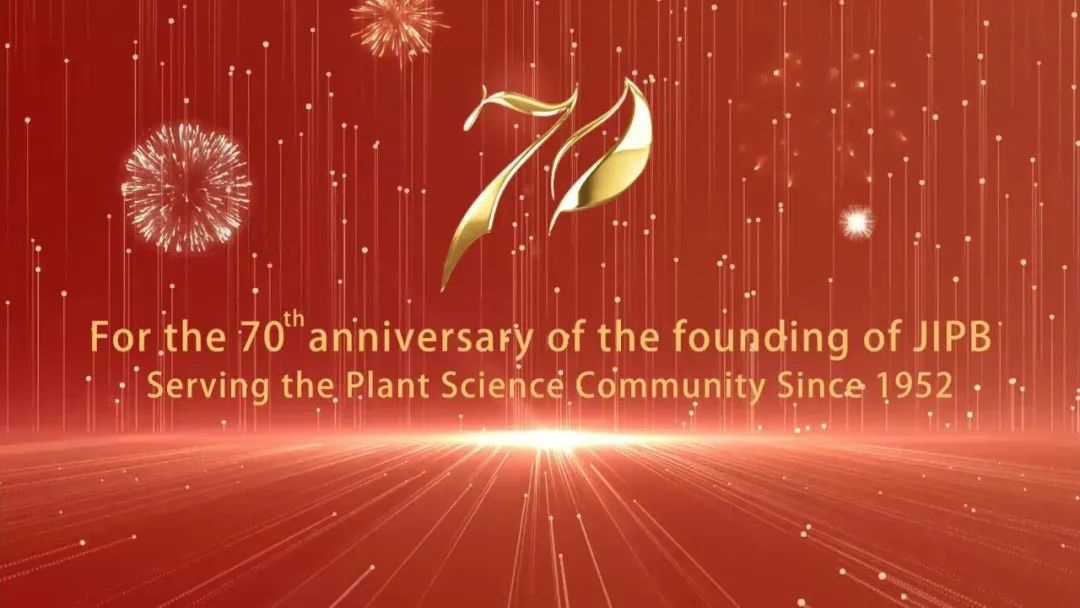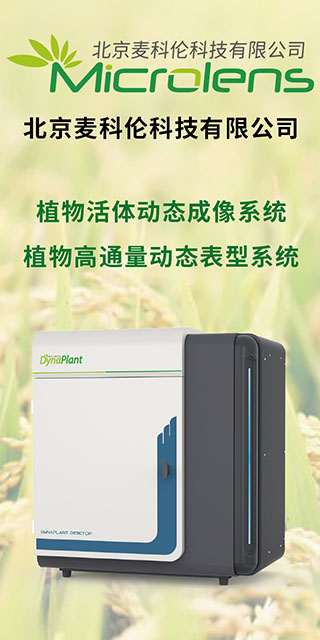-
Chair
Department of Nematology
2107A Genomics Buildin
University of California, Riverside, CA 92521, USA
Tel: (951) 827-3913; Fax: (951) 827-4434
E-mail: isgouhi.kaloshian@ucr.edu
https://profiles.ucr.edu/app/home/profile/ikalosh
Area of expertise: Plant-pest interactions; resistance gene signaling and gene regulation; pest effectors and transciptome analysis

Selected Publications:
MacWilliams, J., Dingwall, S., Chesnais, Q., Sugio A., and Kaloshian, I. (2020). AcDCXR is a cowpea aphid effector with putative roles in altering host immunity and physiology. Front. Plant Sci. 11:605.
Kaloshian, I., and Teixeira, M. (2019). Advances in plant-nematode interactions with emphasis on the notorious nematode genus Meloidogyne. Phytopathol. 109:1988–1996.
Chaudhary, R., Peng, H.C., He, J., MacWilliams, J., Teixeira, M., Tsuchiya, T., Chesnais, Q., Mudgett, M.B., and Kaloshian, I. (2019). Aphid effector Me10 interacts with tomato TFT7, a 14-3-3 isoform involved in aphid resistance. New Phytol. 221:1518–1528.
Teixeira, M.A., Rajewski, A., Castaneda, O.G., He, J., Litt. A., and Kaloshian, I. (2018). Classification and phylogenetic analyses of the Arabidopsis and tomato G-type lectin receptor kinases. BMC Genomics 19:239.
Teixeira, A.M., Wei, L., and Kaloshian, I. (2016). Root-knot nematodes induce pattern-triggered immunity in Arabidopsis thaliana roots. New Phytol. 211:276–287.
Ketteles, G.J. and Kaloshian, I. (2016). The Macrosiphum euphorbiae salivary effector Me47 is a glutathione-S-transferase involved in modifying plant responses to aphid infestation. Front. Plant Sci. 7:1142.
Peng, H.C., Mantelin, S., Hicks, G.R., Takken, F.W.L., and Kaloshian, I. (2016). The conformation of the plasma membrane-localized Somatic Embryogenesis Receptor Kinase complex is altered by a potato aphid derived effector. Plant Physiol. 171: 2211–2222.
Bektas, Y., Rodriguez-Salus, M., Schroeder, M., Gomez, A., Kaloshian, I., and Eulgem, T. (2016). The synthetic elicitor DPMP (2,4-dichloro-6-{(E)-[(3-methoxyphenyl)imino]methyl} phenol) triggers plant immunity by two separate defense-inducing moieties. Sci. Rep. 6: 29554.
Teixeira, A.M., Sela, N., Ng, J., Casteel, C.L., Peng, H.C., Bekal, S., Girke, T., Ghanim, M., and Kaloshian, I. (2016). A novel virus from Macrosiphum euphorbiae with similarities to members of the family Flaviviridae. J. Gen. Virol. 97:1261–1271.
Kaloshian, I. and Walling, L.L. (2016). Hemipteran and dipteran pests: Effectors and plant host immune regulators. J. Integr. Plant Biol. 58:350–361.
Rodriguez-Salus, M., Bektas, Y., Schroeder, M., Knoth, C., Vu, T., Roberts, P., Kaloshian, I., and Eulgem, T. (2016). The synthetic elicitor BHTC (2-(5-bromo-2-hydroxy-phenyl)-thiazolidine-4-carboxylic acid) links plant immunity to hormesis. Plant Physiol. 170: 444–458.
Chaudhary, R., Atamian, H.S., Shen, Z., Briggs, S.P., and Kaloshian, I. (2015). Potato aphid salivary proteome: enhanced salivation using resorcinol and identification of aphid phosphoproteins. J. Proteome Res. 14:1762–1778.
Ouyang, S., Park, G., Atamian, H.S., Han, C.S., Stajich, J.E., Kaloshian, I., and Borkovich, K.A. (2014). MicroRNAs suppress NB domain genes in tomato that confer resistance to Fusarium oxysporum. PLoS Pathog. 10: e1004464.
Chaudhary, R., Atamian, H.S., Shen, Z., Briggs, S.P., and Kaloshian, I. (2014). GroEL from the endosymbiont Buchnera aphidicola betrays the aphid by triggering plant defense. Proc. Natl. Acad. Sci. USA 111: 8919–8924.
Weiberg, A., Wang, M., Lin, F.M., Zhao, H., Zhang, Z., I. Kaloshian, Huang, H.D., and Jin, H. (2013). Fungal small RNAs suppress plant immunity by hijacking host RNA interference pathways. Science 342:118–123.
Atamian, H., Chaudhary, R., Dal Cin, V., Bao, E., Girke, T., and Kaloshian, I. (2013). In planta expression or delivery of potato aphid Macrosiphum euphorbiae effectors Me10 and Me23 negatively affect aphid fecundity. Mol. Plant-Microbe Interact. 26: 67–74.
Bao, E., Jiang, T., Kaloshian, I., and Girke, T. (2011). SEED: Efficient clustering of next-generation sequences. Bioinformatics 27: 2502–2509.
Mantelin, S., Peng, H.C., Li, B., Atamian, H.S., Takken, F. L.W., and Kaloshian, I. (2011). The receptor-like kinase SlSERK1 is required for Mi-1-mediated resistance to potato aphids in tomato. Plant J. 67: 459–471.
Bhattarai, K.K., Atamian, H.S., Kaloshian*, I, and Eulgem*, T. (2010). WRKY72-type transcription factors contribute to basal immunity in tomato and Arabidopsis as well as gene-for-gene resistance mediated by the tomato R-gene Mi-1. Plant J. 63: 229–240 (*co-corresponding authors).
For Upcoming Special lssue:

 Scan the QR code to view JIPB on WeChat
Scan the QR code to view JIPB on WeChat











